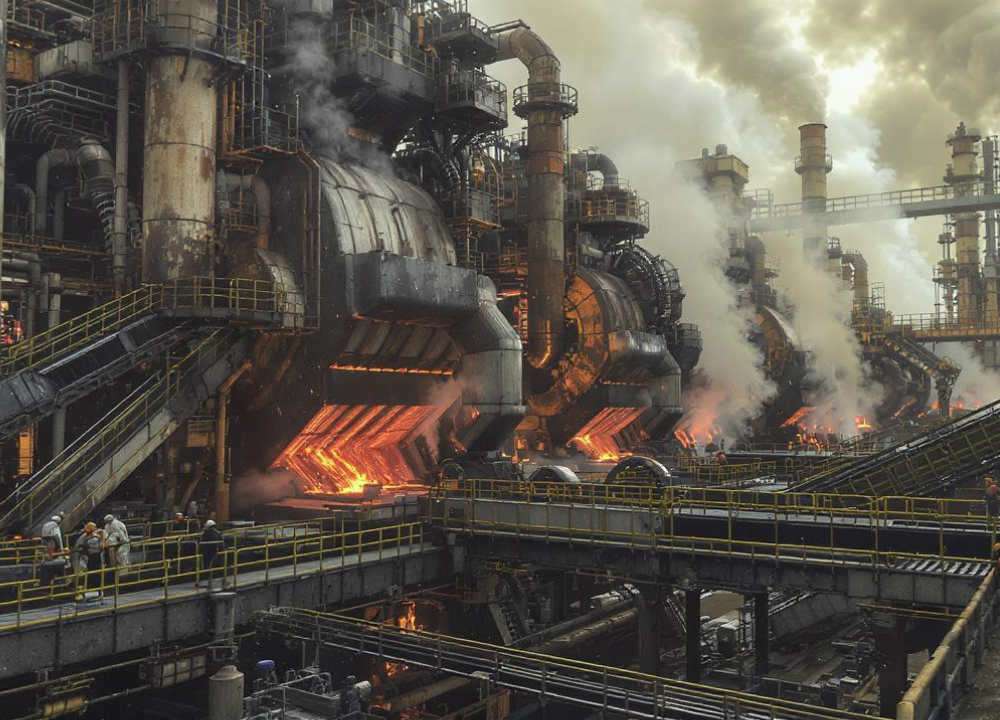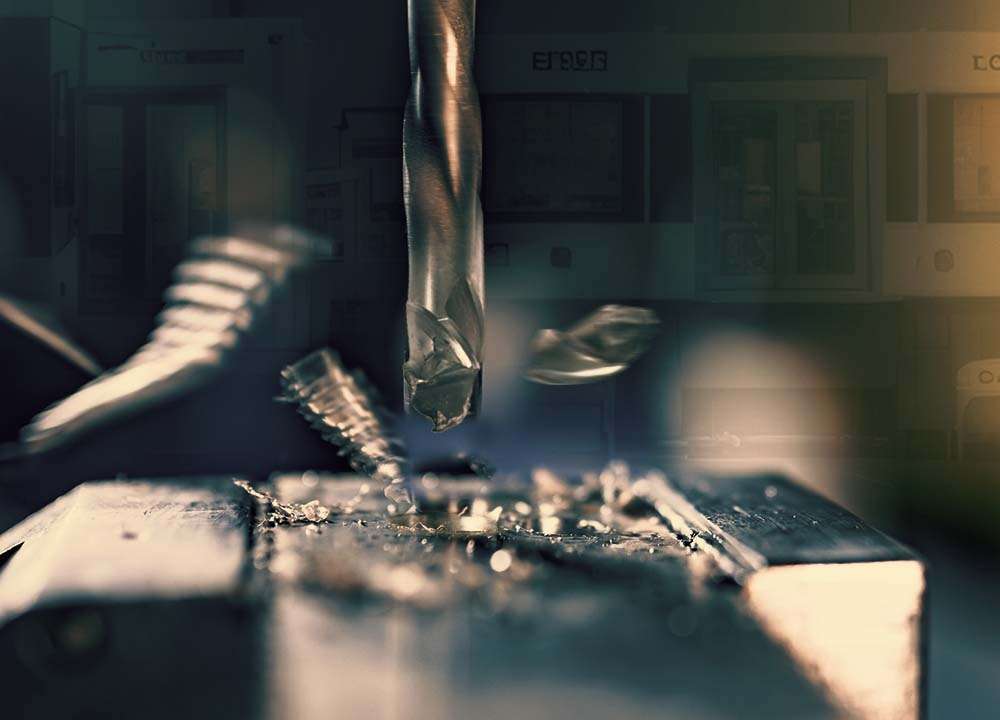The BMW Group is making strides in the recycling of end-of-life vehicles, driven by its longstanding commitment to circularity in the automotive sector. For over 30 years, the BMW Group’s Recycling and Dismantling Centre (RDC) has been at the forefront of developing and refining recycling processes, with the goal of improving the reuse of parts and materials.
The knowledge and expertise gained at the RDC are shared with a global network of recycling industry partners, supporting the broader push for a circular economy in automotive manufacturing. This expertise also informs the design of new models, ensuring that recyclability is considered from the very beginning.
Each year, the RDC recycles thousands of vehicles, primarily pre-series models used for testing, which are dismantled using standardised processes to recover reusable components and materials. The centre has become a hub for vehicle recycling, playing a crucial role in enhancing the recyclability of BMW vehicles in response to new regulations and sustainability goals.
The BMW Group’s involvement in establishing the International Dismantling Information System (IDIS) has been pivotal, allowing the RDC to share its data with over 3,000 organisations in 32 countries. This platform offers valuable guidance to recycling companies, helping them dismantle components efficiently and recover valuable materials.
At the RDC, vehicle recycling starts with the controlled deactivation of restraint systems and the removal of fluids. Components like airbags are neutralised, while valuable metals such as copper are extracted using advanced equipment. The dismantling process ensures that materials like metals from powertrains are recovered and reused, reducing waste and supporting a circular material cycle.
BMW is also leading the Car2Car research project, which explores innovative recycling methods for greater resource conservation and economic efficiency. By collaborating with recycling industry experts, the company is working to ensure a larger proportion of materials from end-of-life vehicles—such as steel, aluminium, and copper—are reused in the production of new cars.
The lessons learned at the RDC are also shaping the design of future BMW models, promoting the use of materials that are easier to recycle. This includes prioritising mono-materials and moving away from adhesives to more sustainable joining methods. Additionally, as electric mobility grows, the RDC is focusing on improving the recycling of high-voltage batteries, working closely with industry and academic partners.
The BMW Group’s continued commitment to recycling innovation is a key component of its broader sustainability strategy, contributing to resource conservation and a reduced environmental footprint across the automotive industry.








